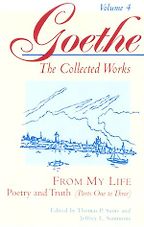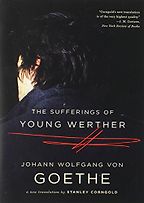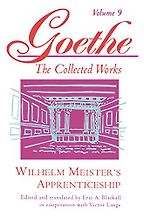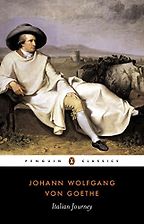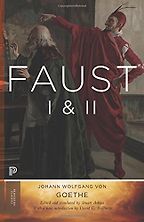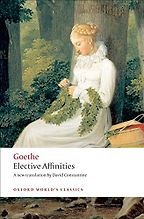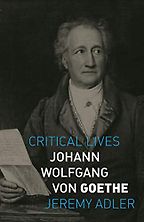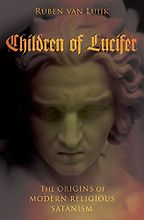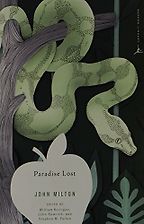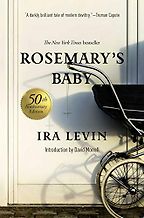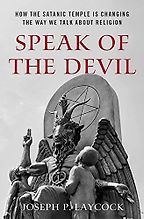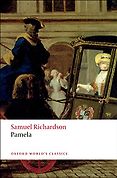Books by Johann Wolfgang von Goethe
The Sufferings of Young Werther
by Johann Wolfgang von Goethe, translated by Stanley Corngold
“Napoleon was an admirer in particular of the most widely read of Goethe’s four novels: The Sufferings of Young Werther (1774). This is a novel that comes out of and transforms the epistolary sentimental novel tradition. Goethe comes along and writes an incredibly thin and powerful novel. It’s just one writer sending letters of vibrant intimacy that take his character through a failed love into suicide. Napoleon was gripped by that; I think he claimed to have read it thirteen times.” Read more...
David E. Wellbery, Literary Scholar
“In fact, the Italian Journey is the diagram of an intellectual and artistic rebirth. Throughout we feel this sense of self-transformation, the release from certain psychological problems, the gradual acquisition of a different understanding of the world. In Italy, Goethe achieved a kind of clarity in his relationship to the world and to other human beings. That’s one of the dramas that’s taking place in the Italian Journey, which includes diary entries and letters to his friends in Weimar.” Read more...
David E. Wellbery, Literary Scholar
“So Dr. Faustus is a scholar. He’s not an evil guy; he’s someone who wants to pursue knowledge. That’s another element that’s important in Satanism: seeking scientific knowledge, questioning and trying to find out the facts for yourself rather than believing in superstition. Dr. Faustus is very much that type of scholarly, curious character, who because he wants knowledge signs away his soul, in blood, to Mephistopheles. Mephistopheles then takes him around on these great adventures throughout the world. He has all these incredible experiences. What’s interesting is that in earlier works about Faust, the Devil ends up dragging Faust to hell at the end. Faust is doomed. But, in Goethe’s version, because it’s later, Faustus actually still ends up in heaven. It’s an interesting take. A person can sign their soul away to the Devil and have all these great adventures and seek knowledge but still end up in heaven. It goes with what we were saying earlier, about how Satan came to be seen as more of a sympathetic character. If you represent someone who rebels and seeks knowledge and questions what’s imposed upon them, it can lead to good things.” Read more...
La Carmina, Journalist
“The novel is meticulously constructed. It depicts a social sphere in which everyone is unfailingly polite and tolerant and where unconscious motivations of an almost demonic energy hold sway. The characteristic feature of the core group of four is the thoroughgoing self-delusion in which they live. The aristocracy appears here in a frozen state, a historical dead-end devoid of purpose and creativity. If I were to compare Elective Affinities with the work of another novelist, I would choose Henry James. James portrays a society that exists in the mode of sophisticated conversation, beneath which currents of desire, resentment, and anxiety flow.” Read more...
David E. Wellbery, Literary Scholar
Interviews where books by Johann Wolfgang von Goethe were recommended
The Best Goethe Books, recommended by David E. Wellbery
Johann Wolfgang von Goethe (1749–1832) has been described as ‘the last true polymath to walk the earth’. A defining figure in German literature, Goethe coined the concept of world literature. And his literary and dramatic achievements are matched by his scientific work. David E. Wellbery, Professor of Germanic Studies at the University of Chicago and recipient of the Golden Goethe Medal, introduces us to the life and work of Goethe. He explores why figures such as Beethoven and Napoleon were magnetised to him, how Rousseau influenced Faust, and why Goethe’s Faust does not sell his soul to the devil.
The best books on Satanism, recommended by La Carmina
Over the centuries, horrible crimes have been committed by Christians accusing others of being followers of the Devil. The label of Satanism was one of the worst imaginable in a religious society. However, from the 17th century onwards, some of the greatest writers began to find in Satan, the fallen angel, a sympathetic character whose opposition to the tyranny of heaven was not entirely unreasonable. Today, modern Satanists embrace the label, pursuing a nontheistic religion that celebrates individualism as well as critical thinking, explains blogger and journalist La Carmina, author of The Little Book of Satanism.
Epistolary Novels
Epistolary novels are told through the form of written correspondence between characters, or sometimes by way of diary entries or fictional documents. Though there were earlier examples, the epistolary novel took off as a form in the 18th century and remains very popular for its immediacy and sense of realism. We’ve put together a selection of epistolary novels—notable for their literary significance or their evergreen popularity—many of which have previously been recommended by our expert interviewees.
